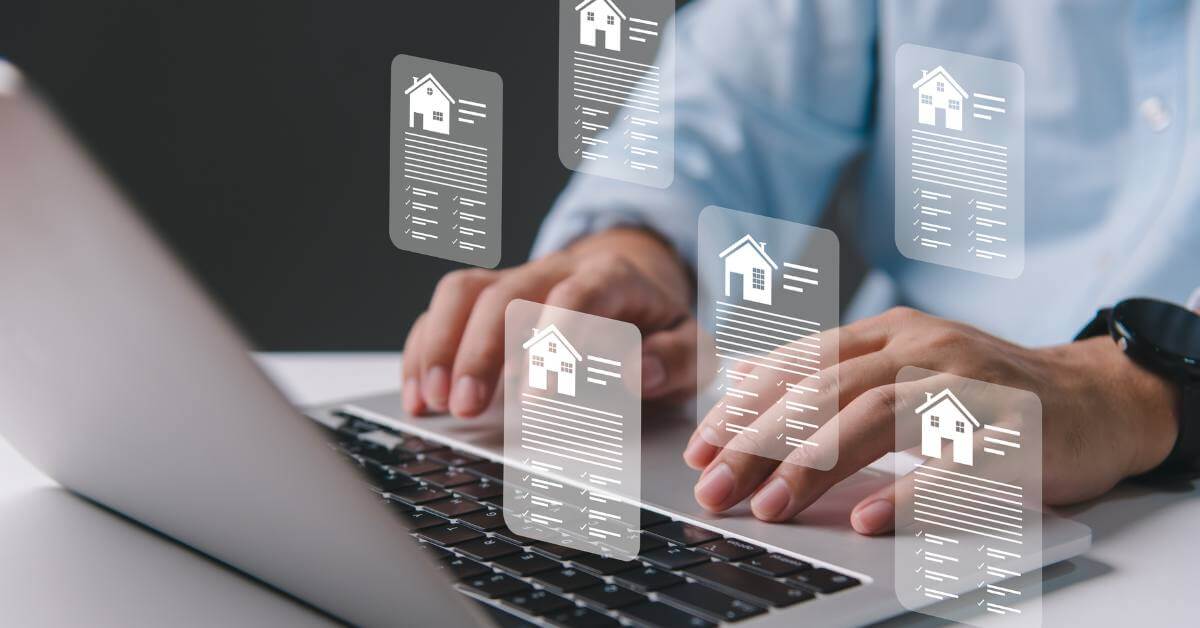Property management software (PMS) stands as an advanced and vital application that is extensively utilized by businesses to streamline their daily operations. These software tools encompass a wide array of tasks like scheduling, organization, occupancy oversight, account management, and much more.

The growing popularity of these systems stems from a shift away from over-reliance on multitasking human employees, often prone to errors, toward automated solutions that enhance the recording and use of information while optimizing task management. In essence, the most impactful property management software acts as a centralized online hub designed to automate the workforce and significantly enhance operational efficiencies across businesses.
Guidelines for Choosing the Right Property Management Software
Selecting an appropriate property management software tool involves considering a range of factors to ensure that you find a solution that perfectly aligns with your unique business requirements.
Determine Specific Needs
Before a company commits substantial resources to purchase, install, and implement property management tools, it is essential to identify its specific needs accurately. This means businesses must ask a series of precise questions to ascertain what they need from their software solutions. Key aspects include determining whether capabilities for rent and lease management, financial tracking, and maintenance monitoring are necessary. Businesses should also consider whether they primarily handle residential or commercial properties, alongside their needs for scalability. Once a company identifies software that adequately addresses all these considerations, it can proceed with confidence to invest in property management software, thereby optimizing its extensive range of operational tasks effectively.
Assess Data Security and Privacy Protocols
One fundamental reason for incorporating property management software in businesses is the enhancement of data security. The level of data protection provided by these tools significantly supersedes what human workers and managers can offer. Considering the routine handling of sensitive information like maintenance logs, financial data, and tenant details within property management, robust data security and privacy measures are crucial. These should include strong encryption practices and regular data backups to preempt breaches or data loss incidents. Moreover, the software should integrate multi-factor authentication for added security measures, accompanied by context-sensitive data protection to shield information specific to the business and its clients. Top-tier property management software tools offer enterprises and their clients unparalleled data protection with strict access control mechanisms.
Focus on Quick Invoice Generation and Efficient Bill Collection
Property management software tools are especially beneficial within the hospitality industry, an area characterized by high client turnover on a daily basis. Personnel at reception desks frequently juggle tasks involving bill collection, information verification, and invoice generation, potentially leading to human error or difficulties in meeting deadlines. Fortunately, property management software can capably undertake these responsibilities. When evaluating software options, it crucial to determine whether the system features a simple user interface with controls that facilitate smooth invoice generation and bill collection. Should the interface prove overly intricate, resulting in slower processes that fall outside acceptable limits, businesses might need to reconsider their choice before proceeding with the purchase.
Consider Implementation Speed and User-Friendly Attributes
Enterprises prioritize software tools that can be implemented rapidly, becoming functional in the shortest possible timeframe. A long-drawn-out installation and integration process, especially when synchronizing with existing systems and interfaces in use, can be quite burdensome. Thus, sought-after software should feature an intuitive interface to support seamless operation across diverse departments such as housekeeping, front desk, and others. If a property management software tool operates fluidly, it can markedly boost productivity within businesses.
Key Attributes of Property Management Software Tools
The broad array of features in a property management software (PMS) tool makes it a crucial asset across various industry sectors.
Managing Rental Payments
A standout feature of property management software tools is their capacity for meticulous tracking and management of rental payments. Through these systems, businesses and property owners can effectively monitor upcoming rent obligations, including both receivable and payable amounts, as well as the exact financial dues from their clients or tenants.
Boosting Customer Service
PMS tools play a significant role in helping businesses track important dates, like lease renewals and rent payment deadlines. Such functionalities assist businesses in effectively managing communications and interactions with their clients.
Financial Management and Bookkeeping
For a company to thrive, sound financial management is paramount, and property management systems prove crucial in streamlining these accounting tasks. They provide businesses with the capability to maintain accurate financial records, produce ledgers, create balance sheets, and perform a range of financial functions precisely and effortlessly.
Cost of Developing Customized Commercial Property Management Software
While additional costs may arise, the development of customized property management software typically falls within a range of $40,000 to $250,000. Several factors can influence this budget, such as the user interface and user experience (UI/UX) design, features, the technology or framework being used, and the geographical location of the development company.
Premier Property Management Software Tools
Across various industries, a multitude of tools such as Rent Manager, Guesty, Rentec Direct, PayHOA, TenantCloud, and Buildium are widely utilized. These tools support a range of functions including short-term rental management, seamless rent collection, tenant data oversight, and comprehensive property upkeep management.





